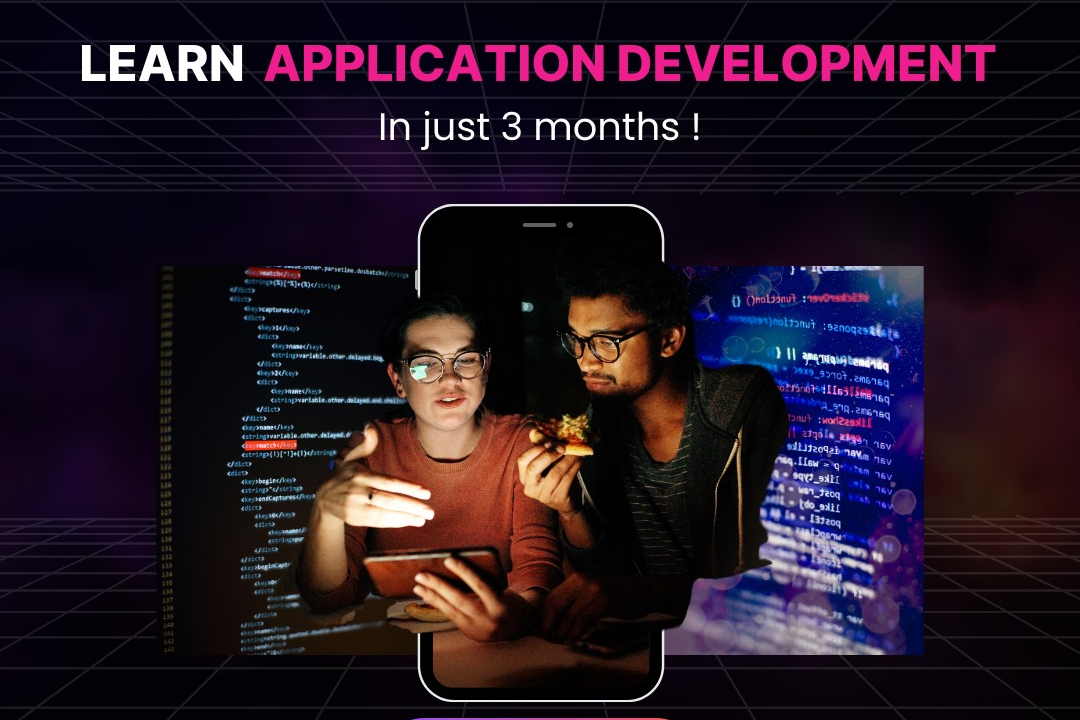Ios application user feedback sessions
User Feedback Sessions for iOS Applications
Ios application user feedback sessions
iOS application user feedback sessions are structured interactions between developers and end-users aimed at gathering insights on user experiences, preferences, and challenges encountered while using an app. These sessions can take various forms, such as interviews, usability tests, or focus groups, and typically involve observing users as they navigate the app, encouraging them to articulate their thoughts and feelings about its features and design. The primary goal is to identify pain points, validate design choices, and uncover opportunities for improvement, ultimately guiding enhancements that align the app more closely with user needs. Feedback gathered during these sessions is invaluable for iterative development, helping teams to create a more intuitive and user-friendly application.
To Download Our Brochure: https://www.justacademy.co/download-brochure-for-free
Message us for more information: +91 9987184296
1 - Introduction to User Feedback
Introduce the concept of user feedback, its importance in app development, and how it influences design and functionality decisions.
2) Understanding the User Centric Approach
Teach students the significance of putting users at the center of the development process, ensuring the app meets real user needs and preferences.
3) Types of User Feedback
Explain different types of feedback, such as qualitative vs. quantitative, direct vs. indirect, and structured vs. unstructured, along with examples.
4) Feedback Collection Methods
Discuss various methods for collecting user feedback, including surveys, interviews, focus groups, and user testing sessions.
5) Planning Feedback Sessions
Guide students on how to effectively plan a user feedback session, including setting objectives, choosing participants, and preparing questions.
6) Ethical Considerations
Educate on ethical considerations in gathering feedback, ensuring user privacy, consent, and the importance of honest responses.
7) Conducting User Interviews
Teach best practices for conducting user interviews, such as creating an open environment, leading effectively, and asking the right questions.
8) Analyzing Feedback Data
Explore methods for analyzing feedback data, including thematic analysis for qualitative data and statistical analysis for quantitative data.
9) Identifying Patterns and Insights
Show students how to identify patterns and insights from feedback that can drive improvements in the application.
10) Prioritizing Feedback
Discuss techniques for prioritizing feedback based on impact, feasibility, and alignment with business goals—helping students learn effective decision making.
11) Iterative Design Process
Introduce the iterative design process, emphasizing how feedback leads to revisions and improvements in app design and functionality.
12) Creating User Personas
Teach students about user personas, how to create them using feedback, and their importance in targeting specific user groups.
13) Presenting Feedback Findings
Provide guidance on how to present feedback findings to stakeholders clearly and compellingly, including visual aids and report writing.
14) Real World Case Studies
Analyze successful iOS applications that effectively used user feedback, discussing what they did right and lessons learned.
15) Tools and Technologies
Introduce students to various tools and technologies that can facilitate user feedback sessions, such as online survey platforms, usability testing software, and data analytics tools.
16) Handling Negative Feedback
Discuss strategies for dealing with negative feedback constructively, ensuring that it is treated as a learning opportunity rather than a setback.
17) Continuous Feedback Loop
Emphasize the importance of establishing a continuous feedback loop throughout the app lifecycle and improving engagement with users after initial launch.
18) Engaging with Users Post Feedback
Teach strategies for maintaining communication with users after feedback sessions to keep them engaged and informed about changes made.
19) Feedback Iteration in Releases
Discuss how to incorporate feedback in future releases and updates of the app, ensuring the product evolves based on user insights.
20) Conclusion and Q&A Session
Wrap up the training with a summary of key points and allow a Q&A session for students to clarify doubts and further explore topics of interest.
This program can help students better understand the user feedback process in iOS application development, equipping them with essential skills for their future careers.
Browse our course links : https://www.justacademy.co/all-courses
To Join our FREE DEMO Session: Click Here
Contact Us for more info:
Best Software Testing Training Institute In Bangalore
advanced java skills
SQL is Frontend or Backend
iOS Career Development Seminars











